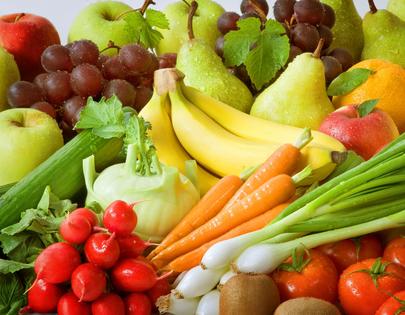Environmental Nutrition: Eating to prevent cancer
According to the American Cancer Society, the lifetime risk of cancer in the United States is 1 in 3. But many people may not realize that more than half of all cancer deaths could be prevented by making healthier food choices, maintaining a healthy weight, and keeping active.
What can you do to help prevent cancer?
Load up on plant-based foods
No one food or food group can protect against cancer. But plant-based foods contain vitamins, minerals, antioxidants and phytochemicals that help lower the risk for many cancers. Their fiber content also contributes to the healthy bacteria in our intestines and keeps us feeling full longer. This can help us maintain a lower body weight. Research suggests it is the synergy of all these dietary components working together that offers the best protection against cancer. So when serving up your meals, fill your plate two-thirds full with a wide variety of colorful vegetables and fruits, whole grains and legumes.
Choose fish or poultry most often
The World Health Organization reviewed more than 800 studies and found that eating processed meat or red meat every day increased the risk of colorectal, pancreatic and prostate cancer. So limit your intake of red meats (beef, lamb, pork and goat) and avoid frequent consumption of processed meats (bacon, sausage, ham, hot dogs and deli meats).
Snack on small handfuls of nuts and seeds
Nuts and seeds (preferably unsalted or low salt) contain numerous bioactive components that are both cancer- and cardio-protective. They make a great snack compared to the empty calories found in traditional snack foods like ice cream, potato chips, pretzels, cookies and candy.
Limit your intake of salty foods and foods processed with salt
...continued







